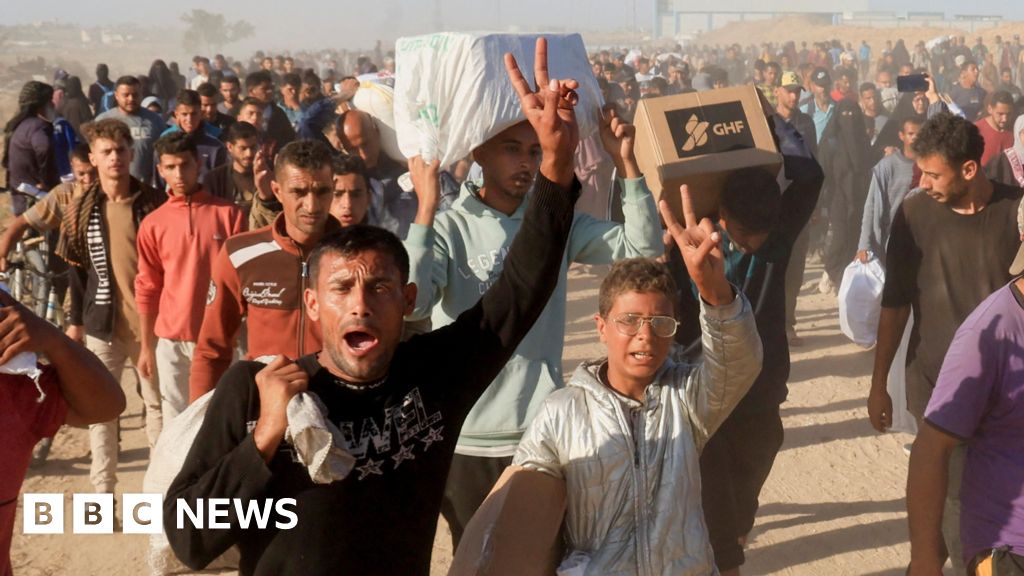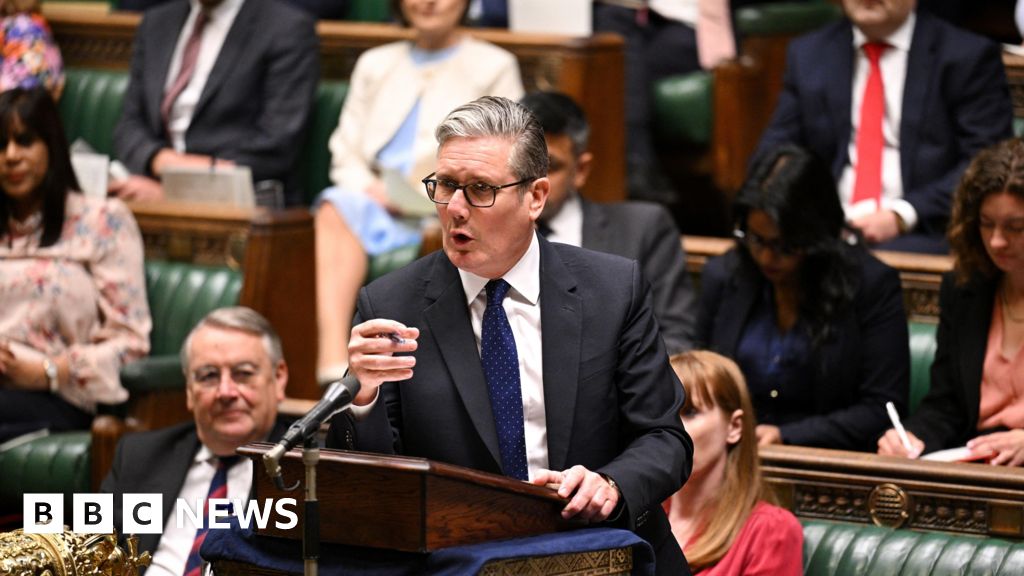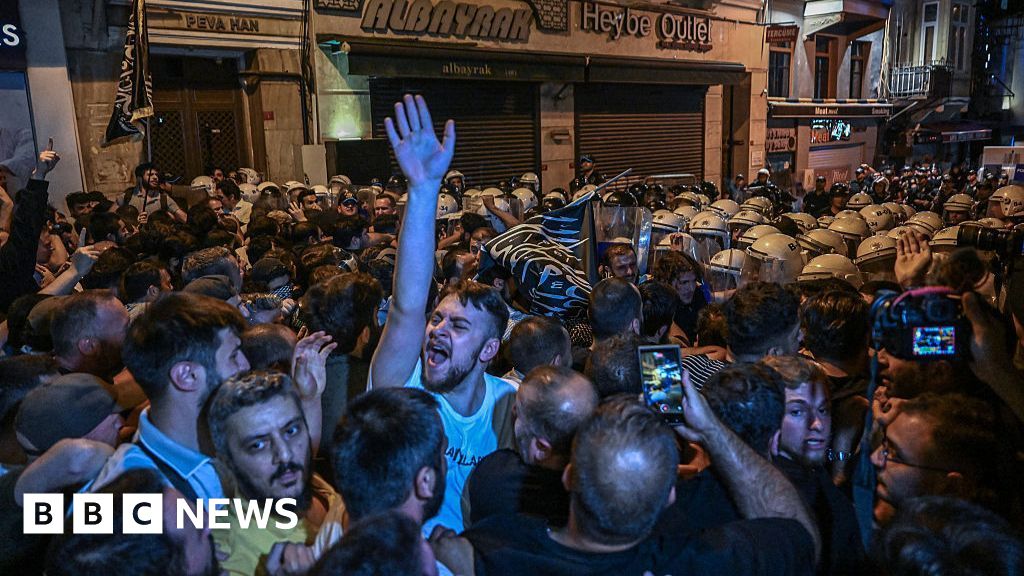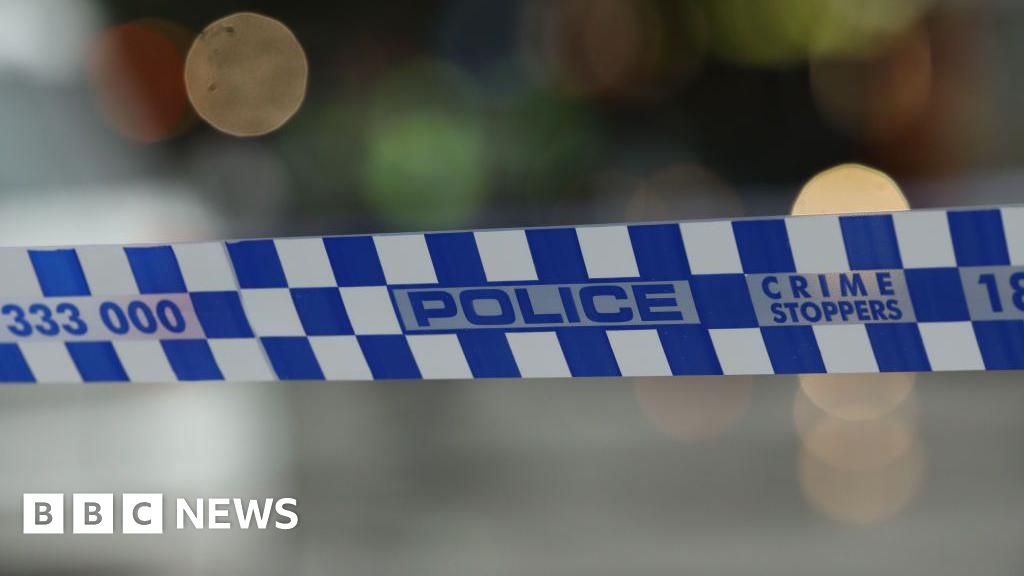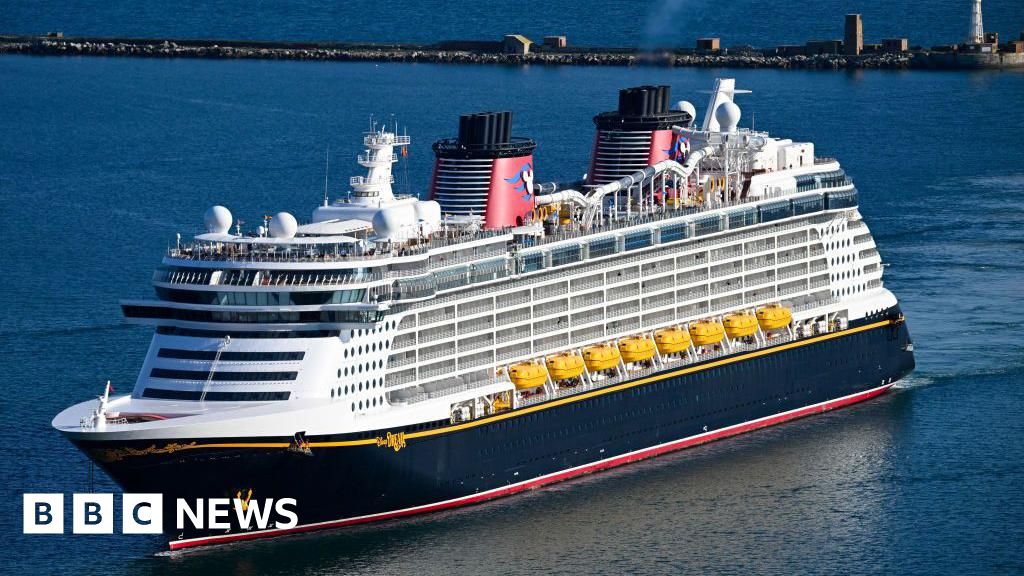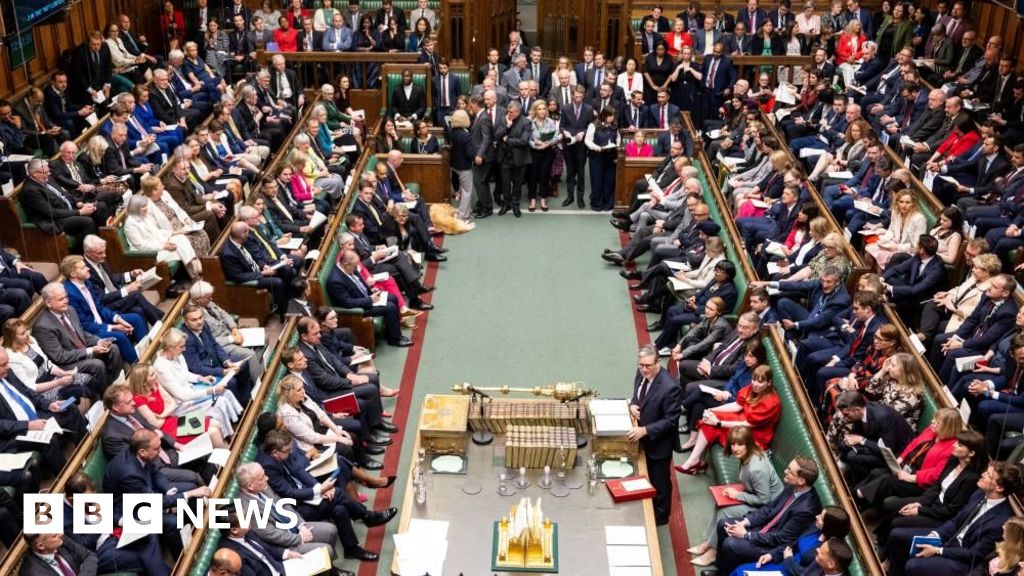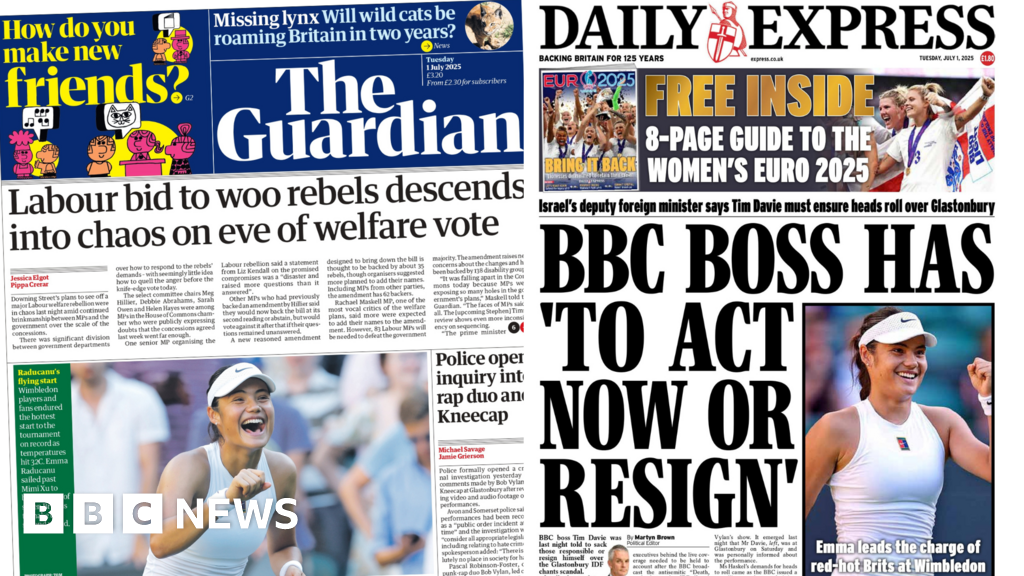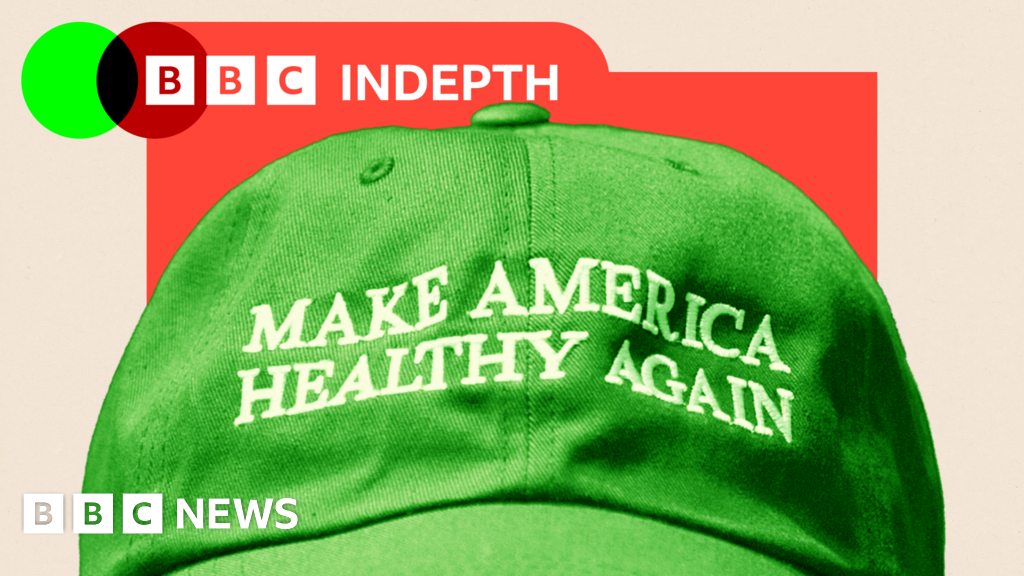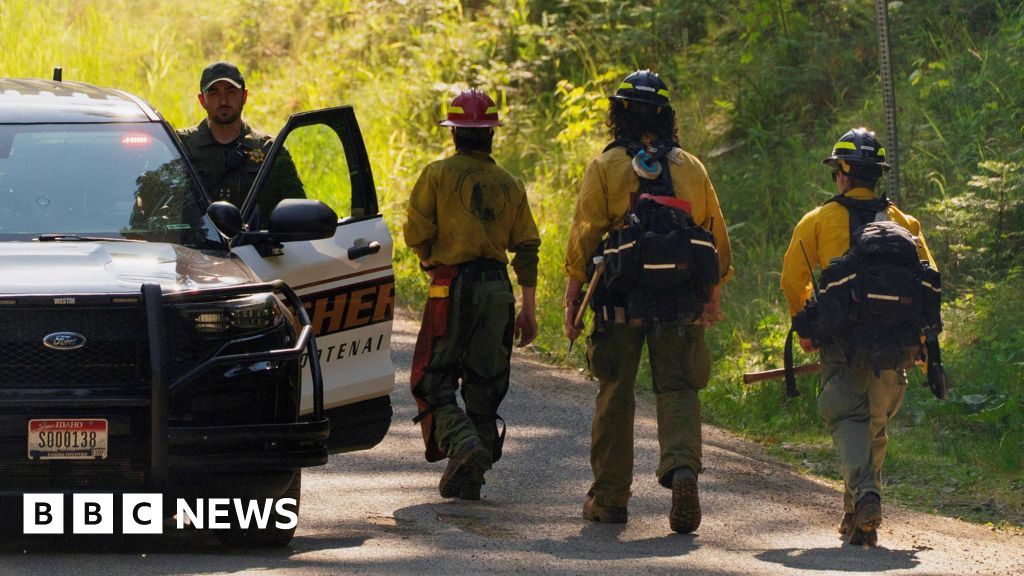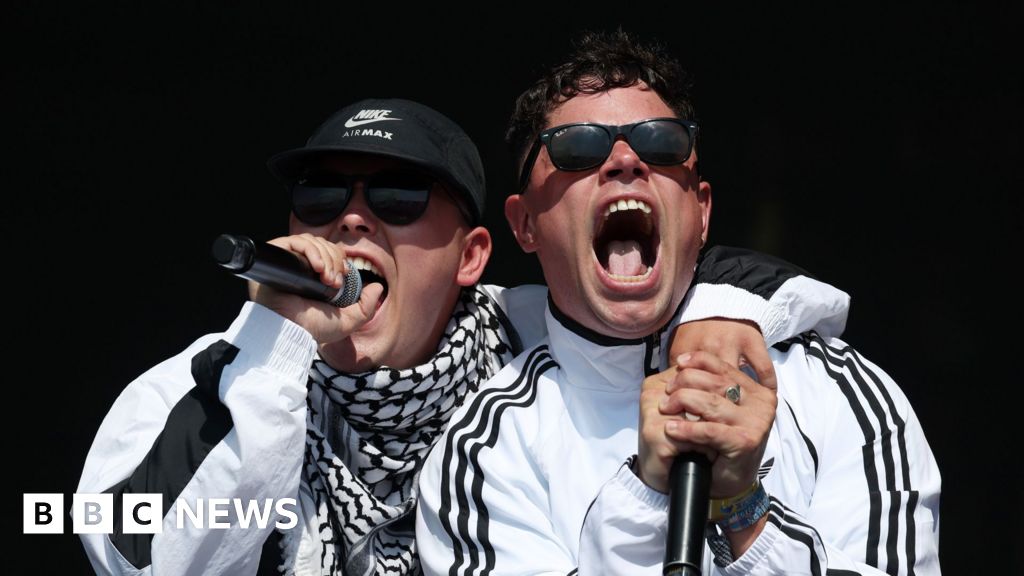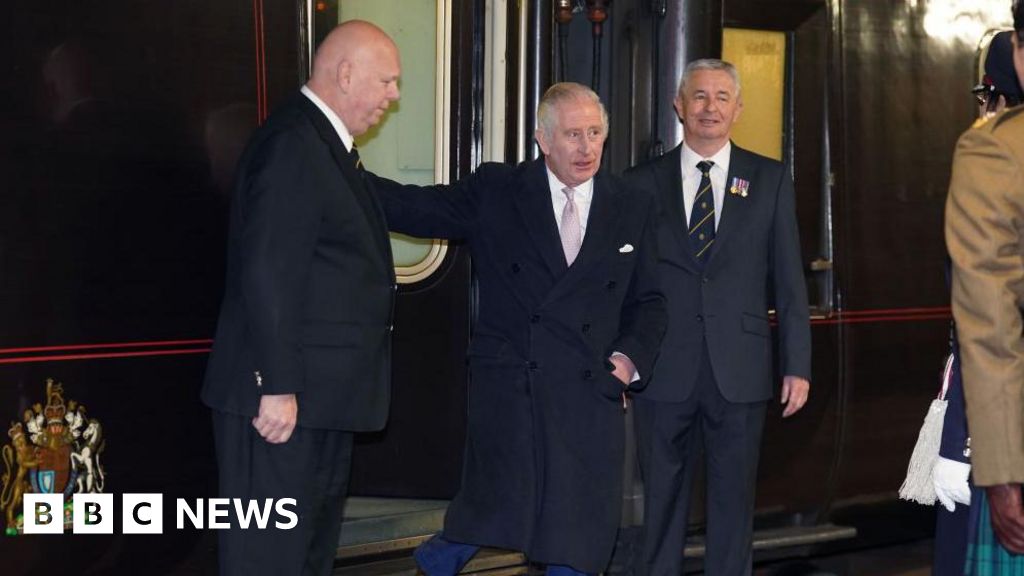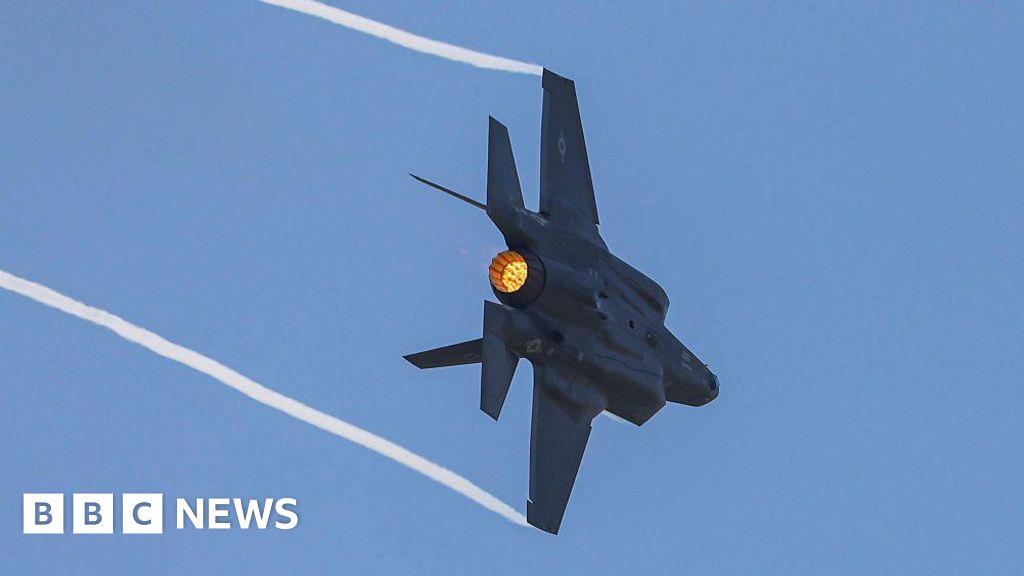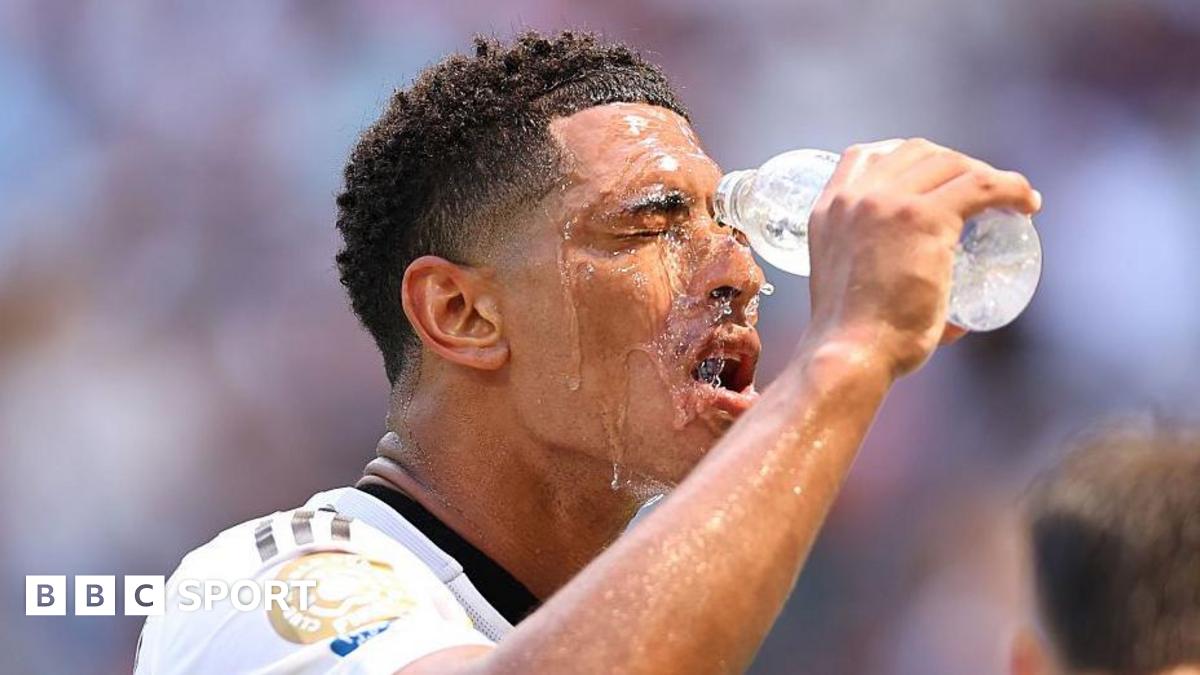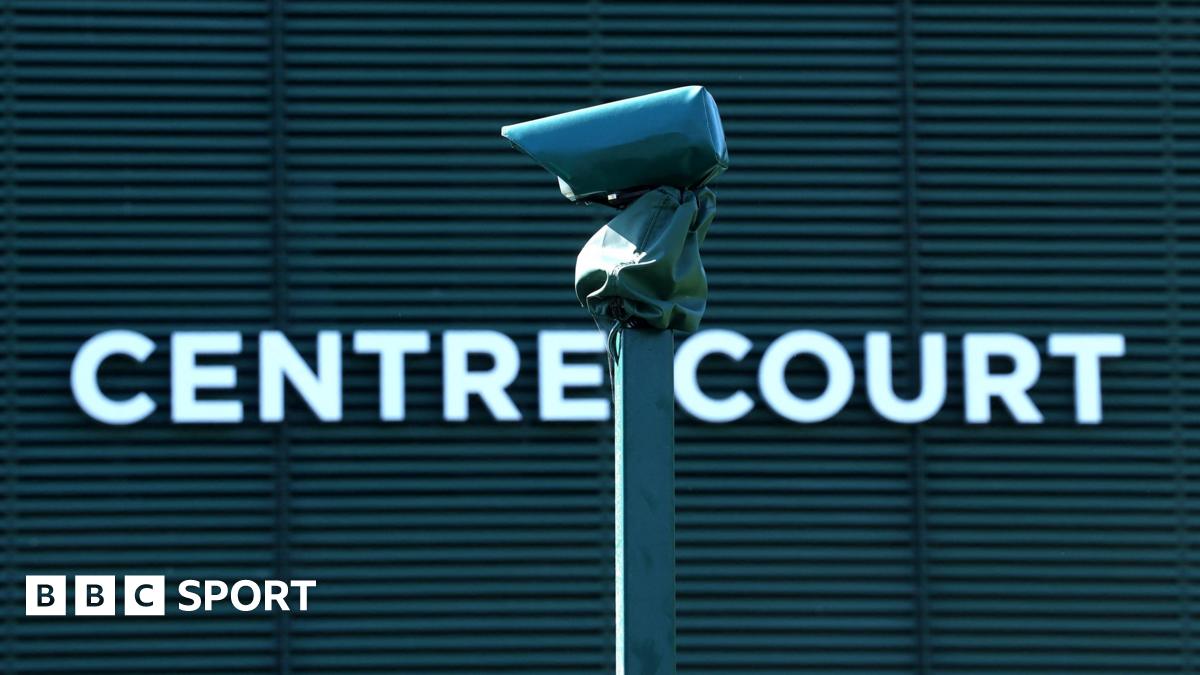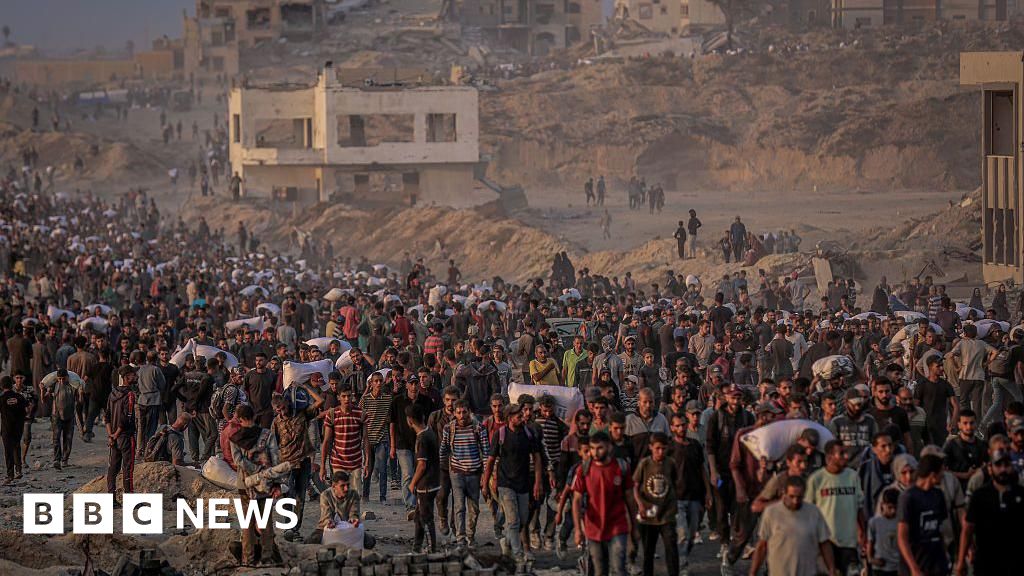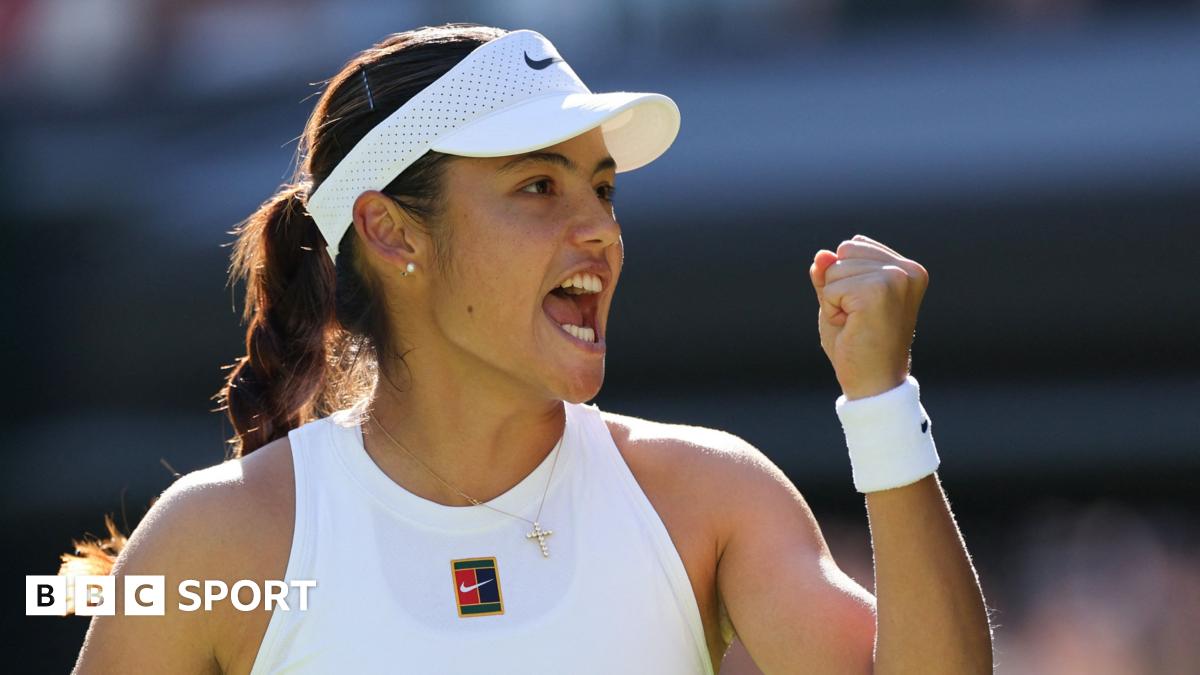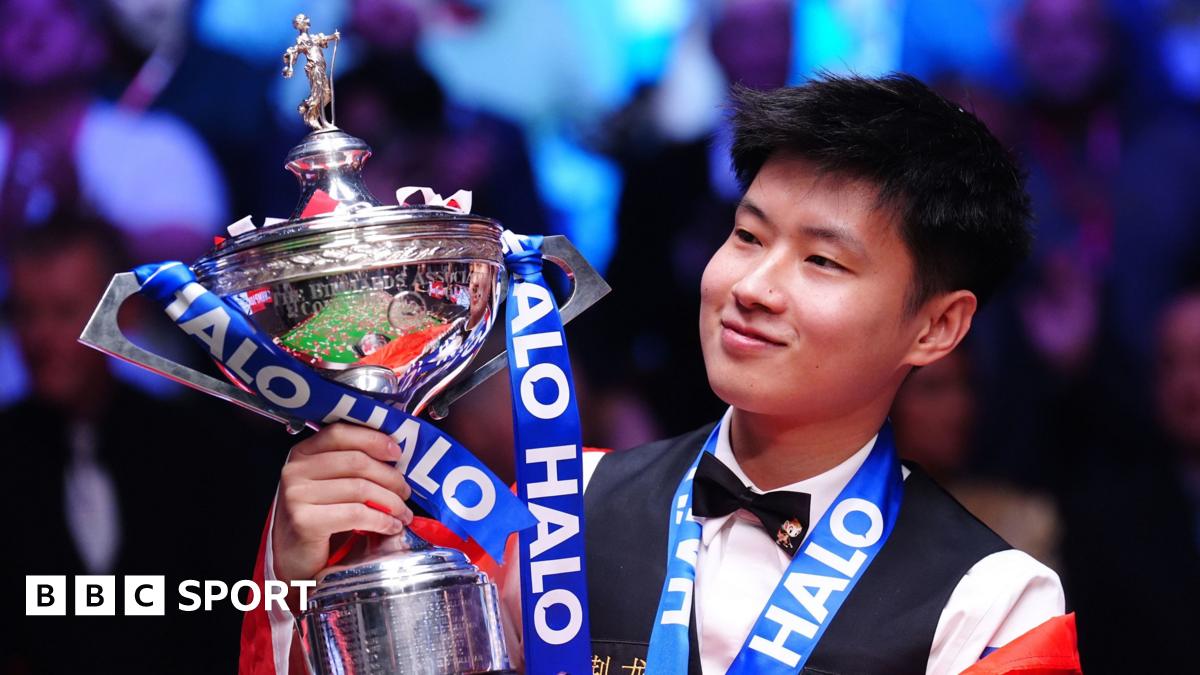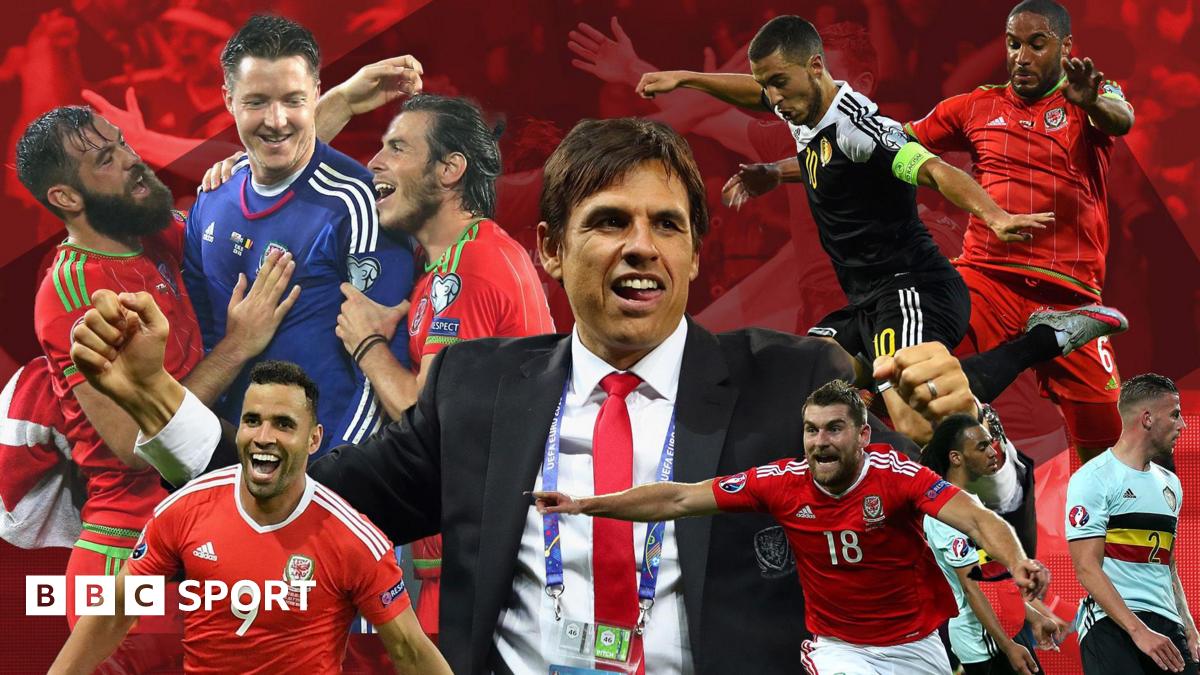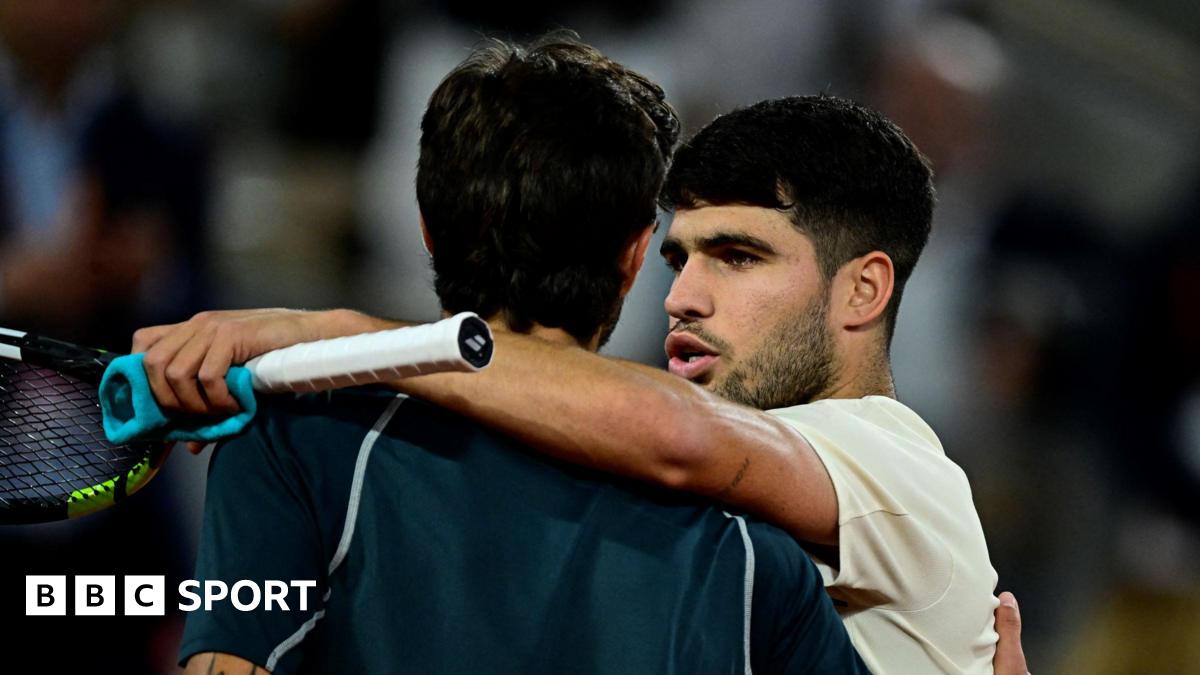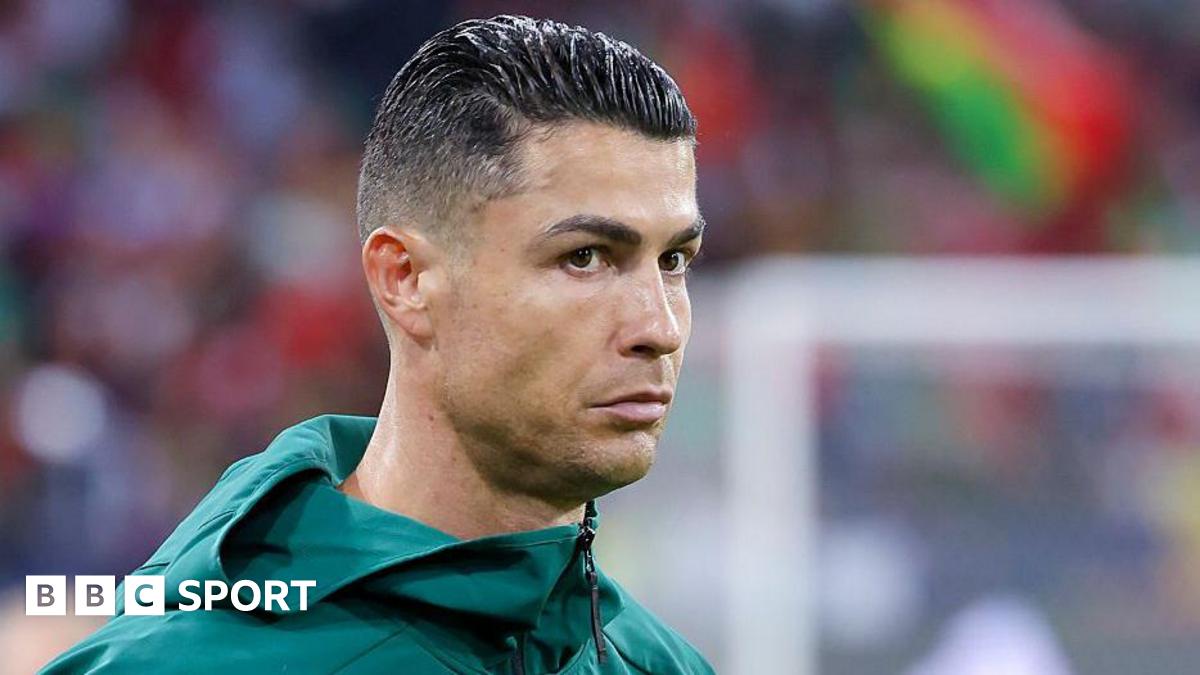Steven Rosenberg
BBC Russia Editor
Reporting fromMoscow

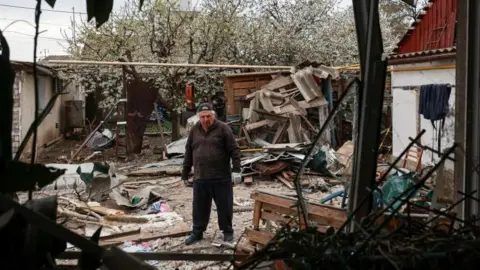 Reuters
Reuters
Russia has recently intensified attacks even as diplomatic steps towards peace pick up pace
Last month the Trump administration proposed the idea of a 30-day comprehensive ceasefire.
Ukraine agreed. Russia did not. Or rather, it came up with a long list of conditions.
Instead of 30 days, the Kremlin decided on 30 hours. On Saturday, President Vladimir Putin announced a unilateral Easter truce in Ukraine until midnight Sunday night in Moscow.
He said he was acting out of "humanitarian" considerations.
Such a claim has been met with scepticism in Ukraine more than three years into Russia's war against the country.
On social media on Sunday morning, Ukrainian President Volodymyr Zelensky posted that "the Russian army is attempting to create the general impression of a ceasefire, while in some areas still continuing isolated attempts to advance and inflict losses on Ukraine."
Russia's defence ministry took a different view.
In a statement, it said that "all Russian troops in the zone of the special military operation [Russia's term for the invasion of Ukraine" from 18:00 Moscow time on 19 April have strictly adhered to the ceasefire regime and held their current positions."
The Russian military also accused Ukraine of violating the ceasefire.
Is Russia's Easter ceasefire simply PR from Vladimir Putin?
Or does it represent a genuine step towards ending the war?
The sceptical view is that a 30-hour truce is less about pushing for peace and has more to do with maintaining good relations with the Trump White House. Since Donald Trump's return to the Oval Office, Putin has been busy trying to repair ties with Washington and pave the way for a new era of co-operation.
However, recent public comments by American officials (including Trump himself) have suggested that the US administration has been growing impatient with the lack of progress on Ukraine. Trump has threatened to walk away from attempts to broker a peace deal if an agreement is looking unlikely.
By announcing a unilateral truce - albeit a short one - the Kremlin can argue that it is Russia - not Ukraine - that is committed to peace. Moscow is already blaming Kyiv for ceasefire violations and continued fighting.
Keep in mind, this brief ceasefire was declared at very short notice. Saturday's announcement will have given little time for either side - Russia or Ukraine - to fully prepare for it.
But there is also a more optimistic view.
The Kremlin's "Easter truce" was a surprise. But it did not come out of nowhere.
In recent weeks there has been intense international diplomacy to try to end the fighting.
Trump's envoy Steve Witkoff has met Putin three times in two months. The Kremlin leader's envoy Kirill Dmitriev flew to Washington recently.
A few days ago Mr Witkoff and US Secretary of State Marco Rubio were in Paris for talks on Ukraine with President Emmanuel Macron. A delegation from Ukraine was there too.
Might there be a rare window of opportunity for peace?
Despite the reports of continued fighting, could a 30-hour ceasefire somehow grow into something more substantial, more comprehensive?
Having displayed little desire for compromise or concessions up to this point, could Putin be persuaded that now is the moment to strike a deal?
It is hard to see that right now.
Then again, when it comes to diplomacy, we are not privy to all the conversations taking place behind closed doors or to the details of possible deals under discussion.
We tend to only see the tip of the iceberg - which leaves open the possibility of more unexpected announcements.

 2 months ago
67
2 months ago
67
